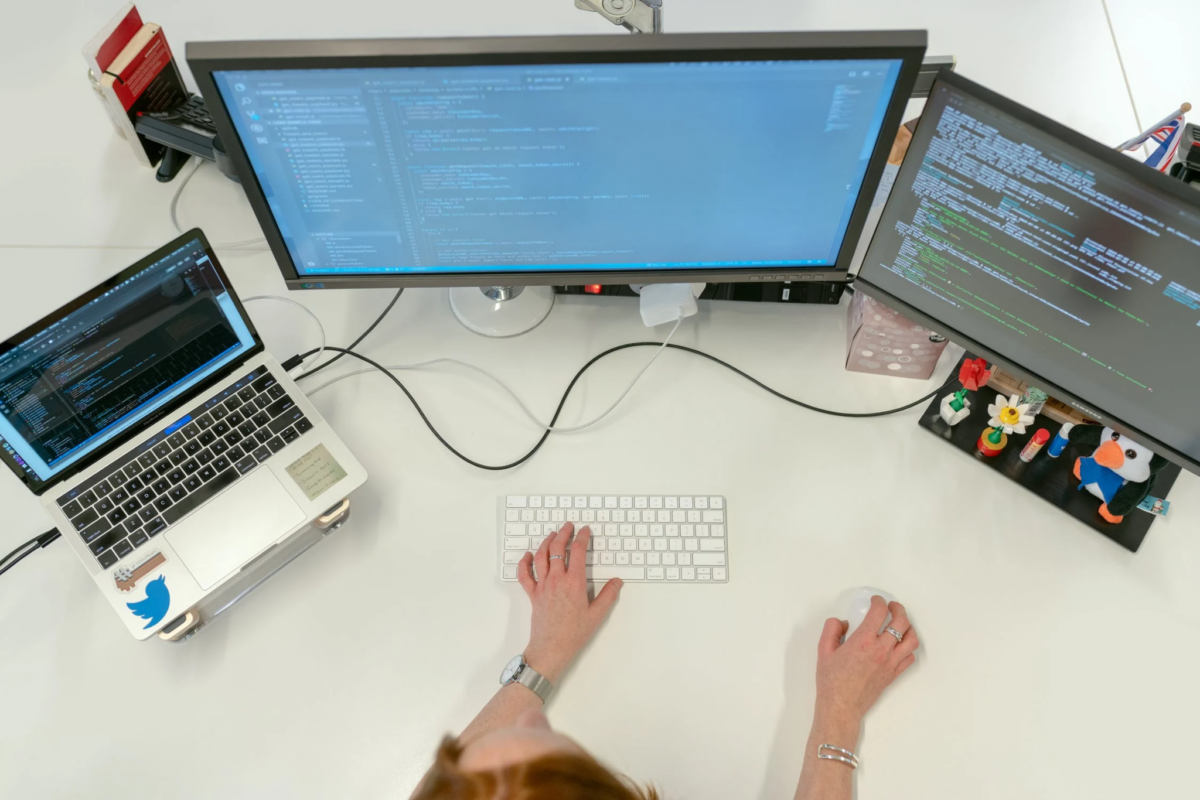The right of a child to an education (Art 28 of the Convention on the Rights of the Child) is considered an important right. Without a doubt, with the right education, children are better prepared for their future. For students, a host of options – such as exchange programs or platforms for developing skills and further knowledge – are often within reach. Sometimes even grants are available, especially for university students. Until recently, many students considered the world to be their oyster.
When moving from one country to another for job reasons, one of the issues expat parents have to deal with, is choosing the right school – in the sense that they need to create the best conditions for obtaining the right diplomas, so that their children are prepared for the global future.
Caught in the Middle
Complications can easily arise when the emotional well-being of the children is not taken into account in the new country. This is likely to happen when (expat) parents expect their intelligent children to be cognitively able to cope with the demands of school, as well as with extra‑curricular language lessons or religious education programmes so as not to lose touch with their culture of origin. In divorce situations, in which the parents have different nationalities and backgrounds or religions, these parents are inclined to become even more adamant about this, making the situation ever more complicated.
As a lawyer and mediator specialised in family law with an international practice, I sometimes have to help children who are ‘caught in the middle’ as their parents wrestle their way through a high-conflict divorce. I know that this can cause severe trauma, while the children’s well-being becomes increasingly at stake.
Which is why I always try to prevent this type of situation by asking the spouses to think as parents instead of ex-partners – right from the beginning.
War-Time Violence
Children, however, sometimes have to face conflicts of a different order. As is evident from the news, their exposure to armed conflict has increased in recent years. Despite progressively stricter international norms and monitoring, a greater number of children is the victim of attacks on schools and hospitals, as well as other acts of war, and/or are forced to live in refugee camps.
In most cases in which children have to move from one country to the other just to survive, their rights are violated. The right of the child to live with both parents or maintain personal relations and direct contact with both parents on a regular basis (Art 9 of the Convention) is probably the most important right to safeguard, in order to minimise trauma.
The Children’s Rights Moot Court 2017
To draw attention to human rights, and children’s rights in particular, I am proud to participate as a ‘judge’ for The Children’s Rights Moot Court 2017, which is being organised by Leiden University and associated institutes on March 29-31 of this year, in Leiden. The participating student teams will be pleading a fictitious case which involves a dispute between a state and a child.
I embrace the initiative to invite students from all over the world, who themselves did have access to education, to focus on children’s rights in troubled circumstances, by pleading a fictitious individual petition brought before the United Nations Committee on the Rights of the Child. This year, a mother will be submitting a claim in her own name and on behalf of her new-born child, together with the father, regarding the violation of the rights of the child as recognised in the UN Convention on the Rights of the Child, and will be demanding remedies under international law, including the prevention of deportation from a country similar to the Netherlands.
This is especially relevant, given the fact that times are changing, not only due to conflicts in the Middle East that have worldwide impact, but also due to the increasing number of elected presidents in so-called civilised democracies who not only deny human rights and children’s rights, but even resort to bullying women and children.
 ABOUT THE AUTHOR
ABOUT THE AUTHOR
Edith van Ruitenbeek is lawyer and partner at van Hilten Advocaten & Mediators, Nassaulaan 15 Den Haag and De Lairessestraat 129 Amsterdam.

The Holland Handbook 2024
It is that time of year again; the new and annually-updated version of The ...

Dutch Taxes
Taxes are always complicated. If you have moved to the Netherlands from another country they ...

The UnDutchables 9.0
Following the legendary previous eight editions of The UnDutchables, the 9th edition of this all ...

Making the most of your Dutch home
Whether you are renting, staying in a long-term AirBNB or have just bought a ...

Gift giving in the Netherlands-all ...
If you feel like skipping your birthday, you may be in for a challenge when ...

10 things you will find in every Du ...
The Dutch are very fond of houseplants, the more the merrier! You will find the ...

Obtaining a Mortgage as an Expat in ...
Obtaining a mortgage as an expat in the Netherlands can be a complex process, as ...

Help me move to the Netherlands!
Obviously, the decision to move to the Netherlands is not one to be taken lightly ...

The Impact of Technology on Educati ...
Education is unending and pivotal in society. Technology is one of the most dynamic entities ...

Five Renovation Tips to Increase yo ...
Learn how much home renovations cost – and which repairs increase the home value, and which ...